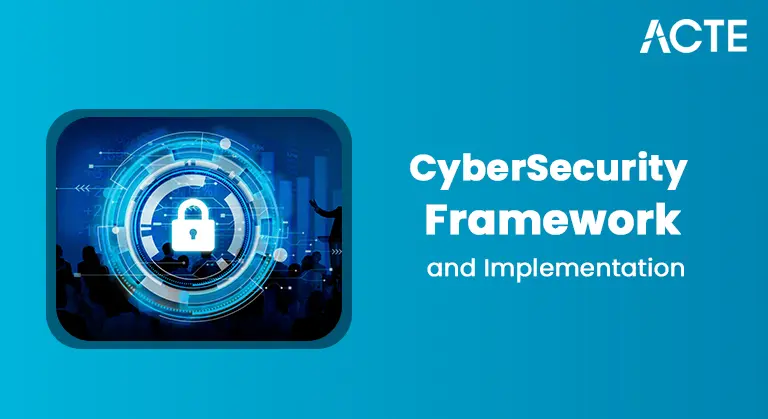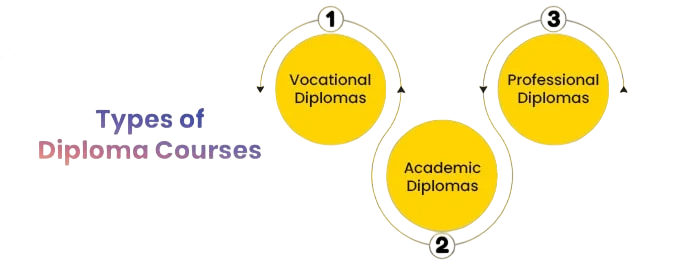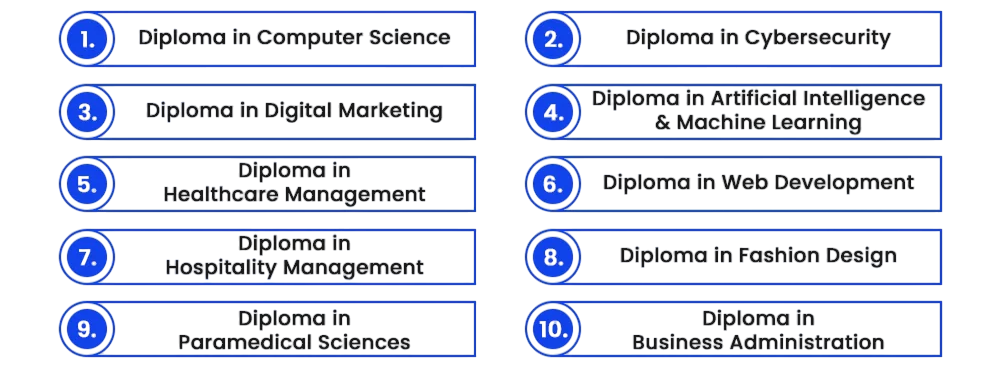
- What is a Diploma Course?
- Types of Diploma Courses
- Benefits of Pursuing a Diploma Course
- Career Opportunities After a Diploma Course
- Diploma Programmes Are Equivalent to Degrees
- Difference Between Diploma & Certification Courses
- How Does the Diploma Course Help You in Interviews?
- Conclusion
What is a Diploma Course?
A degree direction is a focused academic program that provides practical skills and knowledge in a specific area. Unlike traditional diploma programs, degree courses are shorter, usually lasting from 6 months to two years. These courses cover various industries and fields, including engineering, healthcare, business, information technology, arts, and more. The eligibility requirements for degree courses often include a minimum academic qualification equivalent to high school completion. While academic credentials lay the foundation, career success also depends on interpersonal effectiveness and job readiness. To build these critical competencies, explore Placement and Softskills Training a specialized program that prepares students for interviews, workplace communication, and professional collaboration across diverse industries. They stand out for their hands-on approach, focusing on the real-world application of skills and knowledge. This practical emphasis helps degree holders prepare for immediate entry into the job market. Diploma courses offer a cost-effective and time-efficient alternative to longer degree programs. They are especially useful for individuals seeking specialized knowledge and a quicker route to employment. Recognized by industries worldwide, degree courses are crucial in connecting academic learning with the specific skills needed in various professions, making them a valuable choice for those aiming to jumpstart their careers.
Types of Diploma Courses
In many areas, there are degree programs that help college students prepare for real-world job requirements by teaching them useful skills. However, these programs can vary in type depending on what they teach and the skills they focus on. Below, we have outlined the three types of degrees:
Vocational Diplomas
Vocational diplomas recognize practical skills and hands-on training in specific trades or professions. These programs prepare students for careers such as automobile technology, cosmetology, or culinary arts. By focusing on real-world applications, vocational diplomas help individuals enter the workforce with specialized knowledge, making them valuable members of their chosen fields. Programs typically last 1 to 2 years and include apprenticeships or internships. Upon completion, students are qualified for entry-level positions in their selected vocation.
Examples of Vocational Diplomas are:
- Diploma in Automobile Engineering
- Diploma in Culinary Arts
- Diploma in Welding
- Diploma in Graphic Design

Academic Diploma
Academic diplomas focus on traditional academic subjects and provide a broad education in areas like science, humanities, or arts. These diplomas often serve as prerequisites for higher education, offering a solid foundation in theoretical understanding and critical thinking. Academic diplomas are usually pursued in high schools and colleges, preparing students for various academic pursuits and careers that require a strong educational background. Programs generally last 2 years, and credits may transfer to a bachelor’s degree.
Examples of Academic Diplomas are:
- Diploma in Liberal Arts
- Diploma in Science
- Diploma in Mathematics
- Diploma in Humanities
Professional Diploma
Professional diplomas are credentials awarded to individuals who have completed specialized training in a specific career or field. These diplomas focus on practical skills and knowledge needed for particular jobs, helping bridge the gap between academic theory and practical application. In areas such as business, law, and healthcare, professional diplomas are recognized by industry bodies and can improve job prospects. They are ideal for individuals looking to advance their careers or transition into new roles, providing targeted knowledge and credibility in the job market.
Examples of Professional Diplomas are:
- Diploma in Project Management
- Diploma in Accounting
- Diploma in Human Resource Management
- Diploma in Marketing
- Diploma in Business Administration
To Explore Soft Skill in Depth, Check Out Our Comprehensive Soft Skill Certification Training To Gain Insights From Our Experts!
Benefits of Pursuing a Diploma Course
Individuals who choose not to pursue the lengthy traditional paths of bachelor’s or master’s degrees can consider diploma programs as a great alternative. Enrolling in a diploma program provides several benefits:
- Specialized Skills: Focused on practical training and specialized knowledge in a specific field, preparing graduates for industry tasks.
- Cost-Effective: Shorter duration and lower education costs make diplomas an affordable option for quick workforce entry.
- Career Advancement: Demonstrates both theoretical and practical skills, enhancing prospects for promotions and growth.
- Practical Training: Emphasizes hands-on experience to apply theoretical concepts in real-world scenarios.
- Transition to Employment: Designed for specific industry roles, increasing chances of quick employment post-completion.
- Entry-Level Positions: Many degree programs prepare students for specific entry-level roles. For example, a degree in graphic design may lead to roles like graphic designer or junior artist.
- Technician Role: Opportunities exist in engineering, electronics, and IT as technicians responsible for implementing, maintaining, and troubleshooting systems.
- Healthcare Professions: Medical degrees lead to roles such as medical laboratory technicians, radiology technicians, or dental assistants.
- Business and Management Positions: Roles include administrative assistants, office managers, and project coordinators, where organizational skills are key.
- Creative Industries: Careers in graphic design, fashion, interior design, and multimedia are common for arts and design graduates.
- Automotive and Aviation Careers: Degrees in these fields lead to roles like automotive technicians, aircraft mechanics, or aviation maintenance technicians.
- Skill Development and Showcase: Focuses on practical skills relevant to specific industries, allowing candidates to present hands-on expertise.
- Real-World Application of Knowledge: Emphasizes applying concepts in real scenarios, improving adaptability to workplace challenges.
- Improved Confidence: Practical experience boosts self-assurance when discussing accomplishments and problem-solving abilities.
- Portfolio Building: Leads to a portfolio of work, projects, and achievements that serve as visual proof during interviews.
- Flexibility and Quick Learning: Encourages adaptability and rapid learning, traits highly valued by interviewers.
Are You Interested in Learning More About Soft Skill ? Sign Up For Our Soft Skill Certification Training Today!
Career Opportunities After a Diploma Course
Completing a degree opens up many job opportunities in various fields. The skills gained through these programs prepare graduates well for different job roles. To further enhance employability and workplace readiness, explore Softskills Training a career-focused program that develops communication, teamwork, adaptability, and leadership skills essential for thriving in diverse professional environments.

Difference Between Diploma & Certification Courses
Diploma and certification courses have different educational goals and address various learning needs. A diploma course usually includes a thorough curriculum that lasts several months to years. It provides detailed knowledge and skills in a specific area. Colleges or universities typically award diplomas. Students may need to complete both theoretical and practical assessments, offering a well-rounded educational experience that prepares them for careers. On the other hand, certification courses are usually shorter. They focus on particular skills or competencies within an industry. These programs often target professionals who want to improve their expertise or confirm their knowledge through exams. While diplomas can lead to further education or higher positions, certifications prove proficiency in a specific field, often improving job prospects and career growth.
Are You Considering Pursuing a Master’s Degree in Soft Skill? Enroll in the Soft Skill Masters Program Training Course Today!
Diploma Programmes Are Equivalent to Degrees
Diploma courses and degree programs are both integral components of higher education, yet they serve distinct purposes and cater to varying academic and professional needs. While degree programs typically involve a more extensive and comprehensive curriculum, often spanning three to four years, diploma courses are usually shorter, lasting from a few months to two years. Despite this difference in duration and depth, certain diploma courses can be considered equivalent to degrees in specific fields, particularly in vocational training and technical education. For instance, a diploma in engineering or nursing may be recognized by industry standards as being on par with a bachelor’s degree in the same discipline. This equivalency allows graduates to pursue career opportunities that might otherwise require a degree, thereby enhancing their employability and practical skills in the workforce.
Are You Preparing for Soft Skill Jobs? Check Out ACTE’s Soft Skill Interview Questions & Answer to Boost Your Preparation!
How Does the Diploma Course Help You in Interviews?
A degree program not only provides applicants with practical skills but also helps them effectively communicate, highlight their accomplishments, and demonstrate their fit for specific job roles during interviews. Here’s how a degree program can significantly contribute to interview success:
Conclusion
Diploma programs offer a practical, skill-focused alternative to standard diploma applications. They cater to college students and professionals seeking specialized education in a specific area. With a wide range of options, from technical and vocational to postgraduate and professional diplomas, these programs aim to quickly equip learners with the knowledge and tools needed for success in the real world. To complement technical expertise with essential interpersonal abilities, explore Softskills Training a practical program designed to enhance communication, teamwork, adaptability, and confidence, ensuring graduates are fully prepared for dynamic workplace environments. The benefits of diploma programs include shorter durations, lower costs, hands-on training, and strong employability. This makes them a great choice for those looking to enter the workforce quickly or improve their career prospects. Diploma holders have access to numerous job opportunities across various fields, including healthcare, engineering, IT, design, and business.





